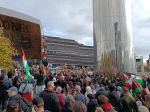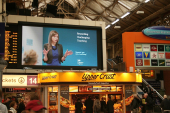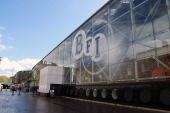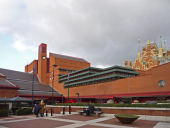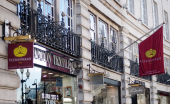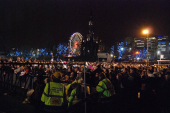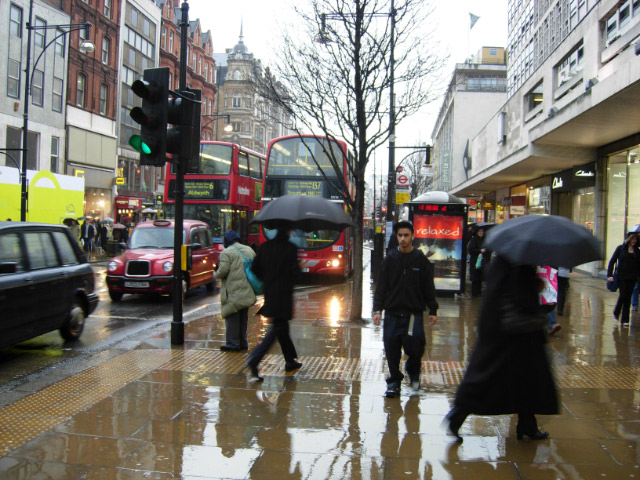
In October, retail sales took a plunge, hitting their lowest point since the 2021 lockdowns, according to official figures. Factors like soaring living expenses and unfavorable weather contributed
to a 0.3% drop in the volume of products sold, marking a significant downturn that hadn't been anticipated. This decline coincides with recent reports indicating a stagnant UK economy.
Gross domestic product (GDP) showed no growth from July to September, aligning with the Bank of England's forecast of subdued growth until 2025. With Chancellor Jeremy Hunt set to deliver the Autumn Statement outlining the government's fiscal plans and economic growth strategy, these dismal retail figures add to the concerns about the nation's economic trajectory.
The Office for National Statistics (ONS) pointed to escalating fuel prices impacting petrol and diesel sales. Additionally, reduced footfall, rising living costs, and adverse weather significantly affected sales for household goods and clothing retailers.
Storm Babet's onslaught in October, marked by exceptional rainfall, also played a role. Consumers appeared more cautious with their spending, notably impacting fuel sales. While supermarkets saw an uptick in food purchases, specialty stores like butchers and bakers experienced declines. Alcohol and tobacco sales were also hit hard, dropping by 4.2% and 10.4%, respectively.
Retailers observed a trend of consumers opting for cheaper products and focusing on essential items amid the ongoing cost-of-living pressures. As the holiday season approaches, retailers are eyeing a potential last-minute surge in Christmas spending, hoping consumers will loosen their purse strings.
Compared to the same period last year, retail sales volumes witnessed a 2.7% decline. The ONS revised down its earlier estimate for September, reporting a 1.1% drop in retail sales. These figures align with the recent dip in inflation, which decreased to 4.6% in the year to October from 6.7%. Despite this, the consecutive interest rate hikes by the Bank of England continue to impact both inflation and economic growth, making borrowing more expensive for consumers and businesses alike.
Aled Patchett from Lloyds Bank emphasized that the persistent rise in household costs continues to weigh heavily on consumers' minds. Essential spending takes precedence, especially with the onset of colder weather leading to increased energy usage.
The retail sector faces a challenging period ahead, heading into the crucial Christmas trading season amidst these economic pressures and consumer spending trends. Photo by Stephen McKay, Wikimedia commons.











